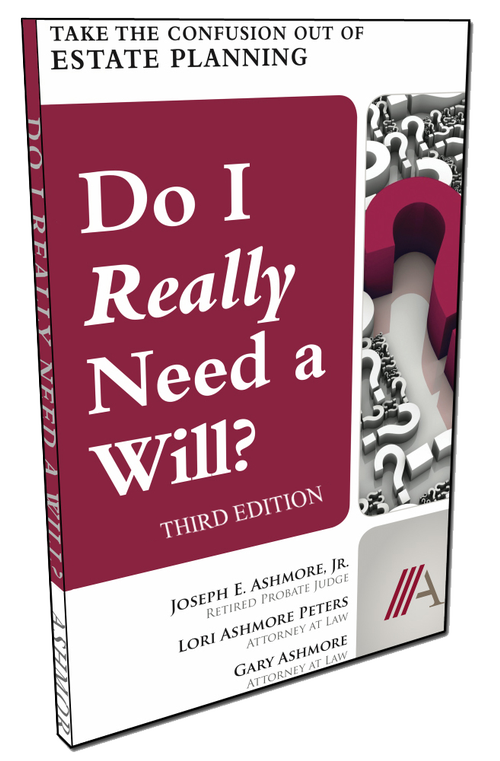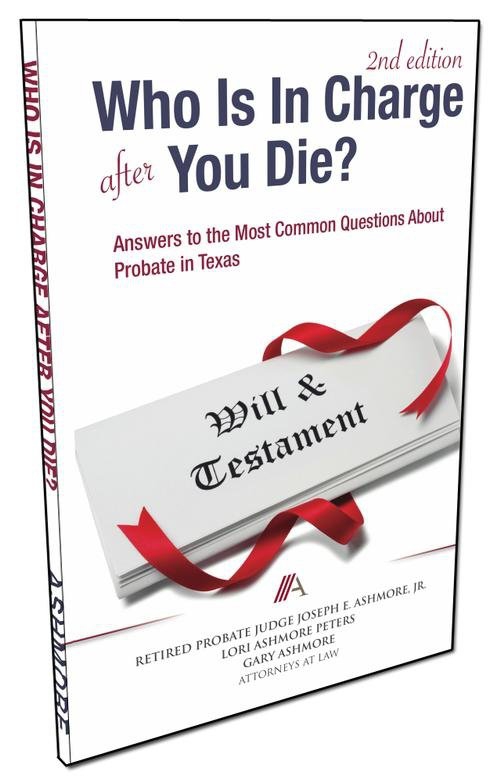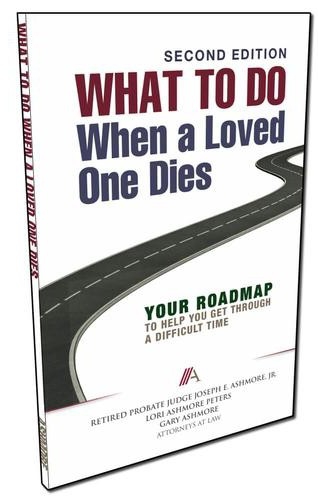“Many people think a will is all they need, but ancillary documents are just as vital. These documents — like powers of attorney, healthcare directives, and living wills — ensure that your wishes are respected if you can’t speak for yourself. They also help your loved ones avoid confusion, conflict, and costly delays. A complete estate plan gives you peace of mind knowing every detail is covered.”
— Lori Ashmore Peters, Managing Partner at Ashmore Law Firm
Will Packages to Protect Your Assets | Dallas Estate Planning Attorneys
What’s Included in a Will Package
A will package includes a complete set of legal documents designed to protect your property, finances, health, and loved ones according to your wishes.
1. Last Will and Testament
Your Last Will and Testament outlines how your assets will be distributed after your death, who will serve as your Independent Executor, and who will care for any minor children. This document ensures your property passes according to your wishes rather than through state intestacy laws.
2. Statutory Durable Power of Attorney
This document allows you to appoint a trusted individual to make business and financial decisions on your behalf if you become incapacitated or disabled. It helps ensure that your affairs continue to run smoothly, even when you cannot manage them personally.
3. Medical Power of Attorney
A Medical Power of Attorney designates someone you trust to make healthcare decisions for you if you are unable to do so. This ensures that your medical preferences are respected during critical times.
4. Directive to Physicians (Living Will)
Also known as a Living Will, this document specifies your wishes regarding life-sustaining treatments. It provides clear instructions to your loved ones and doctors about how you want end-of-life medical decisions handled.
5. Declaration of Guardian (Should the Need Arise)
This declaration allows you to name who you want to serve as your guardian of the person and estate in case you become incapacitated. It also allows you to specify individuals you do not want serving in that role—providing additional protection and control over your future care.
6. Declaration of Guardian for Minor Children
For parents, this document ensures you decide who will care for your minor children if you become incapacitated or pass away. Without it, the court could make this decision without your input.
7. HIPAA Authorization
A HIPAA Authorization allows designated individuals to access your medical records and health information. This ensures your chosen decision-makers can stay informed and make well-supported healthcare choices on your behalf.
8. Disposition of Remains
This document gives your appointed agent the authority to decide how your remains are handled after your passing, including burial or cremation preferences. It helps your loved ones honor your final wishes with clarity and confidence.
Estate Planning Books for You




Complimentary Book- Do I Really Need A Will? 3rd Edition
Request our complimentary book to take the confusion out of estate planning and help to ensure your assets & loved ones are protected.

Complimentary Book- Who Is In Charge AFTER You Die? 2nd Edition
Request our complimentary book to get answers to the most common questions about probate in Texas.

FREE Book- What To Do When a Loved One Dies, 2nd Edition
Request our complimentary book to use as a roadmap to help get you through a difficult time. It explains what needs to be done step by step.
Top FAQs about Estate Planning in Texas
1. What estate planning documents do I need in Texas?
Every comprehensive estate plan in Texas should include a Last Will and Testament, Statutory Durable Power of Attorney, Medical Power of Attorney, Directive to Physicians (Living Will), HIPAA Authorization, and Declaration of Guardian. Together, these documents protect your assets, healthcare choices, and loved ones if you become incapacitated or pass away.
2. Do I need a will if I already have a trust?
Yes. Even if you have a revocable living trust, a Last Will and Testament—often called a “pour-over will”—is still necessary. It ensures any assets not titled in the trust are transferred into it after your death and allows you to name guardians for minor children, which a trust cannot do.
3. How often should I update my estate planning documents?
It’s wise to review your estate planning documents every year and update them after major life events such as marriage, divorce, the birth of a child, or significant changes in assets. Regular updates ensure your plan reflects your current wishes and complies with the latest Texas and federal laws.
4. What happens if I die without a will in Texas?
If you die without a valid will, your estate is distributed according to Texas intestacy laws, not your personal wishes. The court will appoint an administrator, and your property will go to heirs as defined by statute, which may exclude close friends or stepchildren. Having a will ensures you—not the state—decide who inherits your estate.
5. Can I make changes to my estate planning documents myself?
While you can make certain updates, it’s best to work with an experienced estate planning attorney. Texas laws have strict requirements for executing valid legal documents, and DIY changes may cause confusion or render your plan unenforceable. An attorney ensures your documents remain legally binding and aligned with current law.
6. How does estate planning work for blended families in Texas?
Estate planning for blended families requires extra care to ensure children from previous relationships and new spouses are treated according to your wishes. Without proper documents, Texas intestacy laws may unintentionally favor a surviving spouse over biological children. A customized will, trust, and beneficiary designations can prevent conflicts, protect all family members, and honor your intended legacy.
7. What is the difference between a Medical Power of Attorney and a Durable Power of Attorney in Texas?
A Medical Power of Attorney gives a trusted person the authority to make healthcare and treatment decisions if you become incapacitated. A Statutory Durable Power of Attorney, on the other hand, allows someone to handle financial and business matters on your behalf. Both documents are vital parts of a Texas estate plan, ensuring your medical and financial affairs are managed by people you trust.
Start Building Your Estate Plan With Confidence
A comprehensive will package is the foundation of a secure future. Learn how our Dallas legal team can help you protect your assets and loved ones for years to come.


